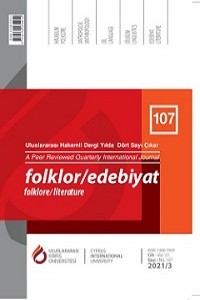How has the Nobel Prize Affected the Canonisation of Japanese Literature?
How has the Nobel Prize Affected the Canonisation of Japanese Literature?
Author(s): Devrim Çetin GüvenSubject(s): Studies of Literature, Recent History (1900 till today), Translation Studies
Published by: Uluslararası Kıbrıs Üniversitesi
Keywords: Nobel Prize in Literature; Ōe; Tanizaki; Kawabata; Mishima; Murakami;
Summary/Abstract: From the 1950s to the 70s Japanese literature became the most widely read non-European literature in translation in the USA and Western Europe, as such eminent writers like Tanizaki, Kawabata, Mishima, and Ōe were discovered in English translation. This discovery encouraged and inspired new translations into other European and non-European languages that rendered Japanese literature popular throughout the planet. From the 1990s onward postmodern writers like Murakami and Yoshimoto rose also to global fame. Interestingly, the common point of all these internationally acclaimed writers is that they all have histories with the Nobel Prize in Literature: either they became laureates like Kawabata and Ōe, nominated like Tanizaki and Mishima; was considered as a Nobel candidate like Murakami, or merely “dreamt” of winning the prize someday like Yoshimoto. In this article, we treated the complex relations between Japanese writers and the Nobel Prize, which has become a symbol of cultural universality. We attempted to answer the following question: how have being considered a candidate, being nominated, winning, or losing the prize contributed to the universalisation of these writers?
Journal: Folklor/Edebiyat
- Issue Year: 27/2021
- Issue No: 107
- Page Range: 927-942
- Page Count: 16
- Language: English

